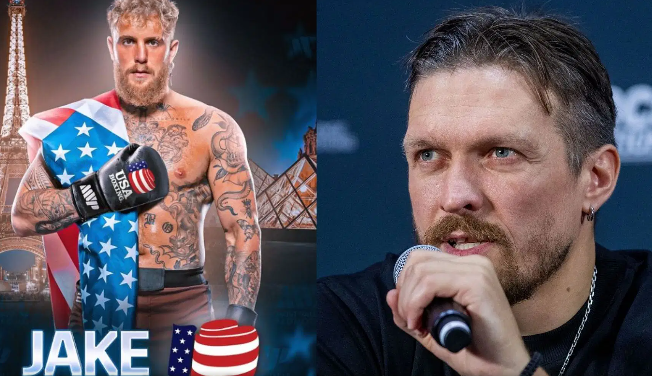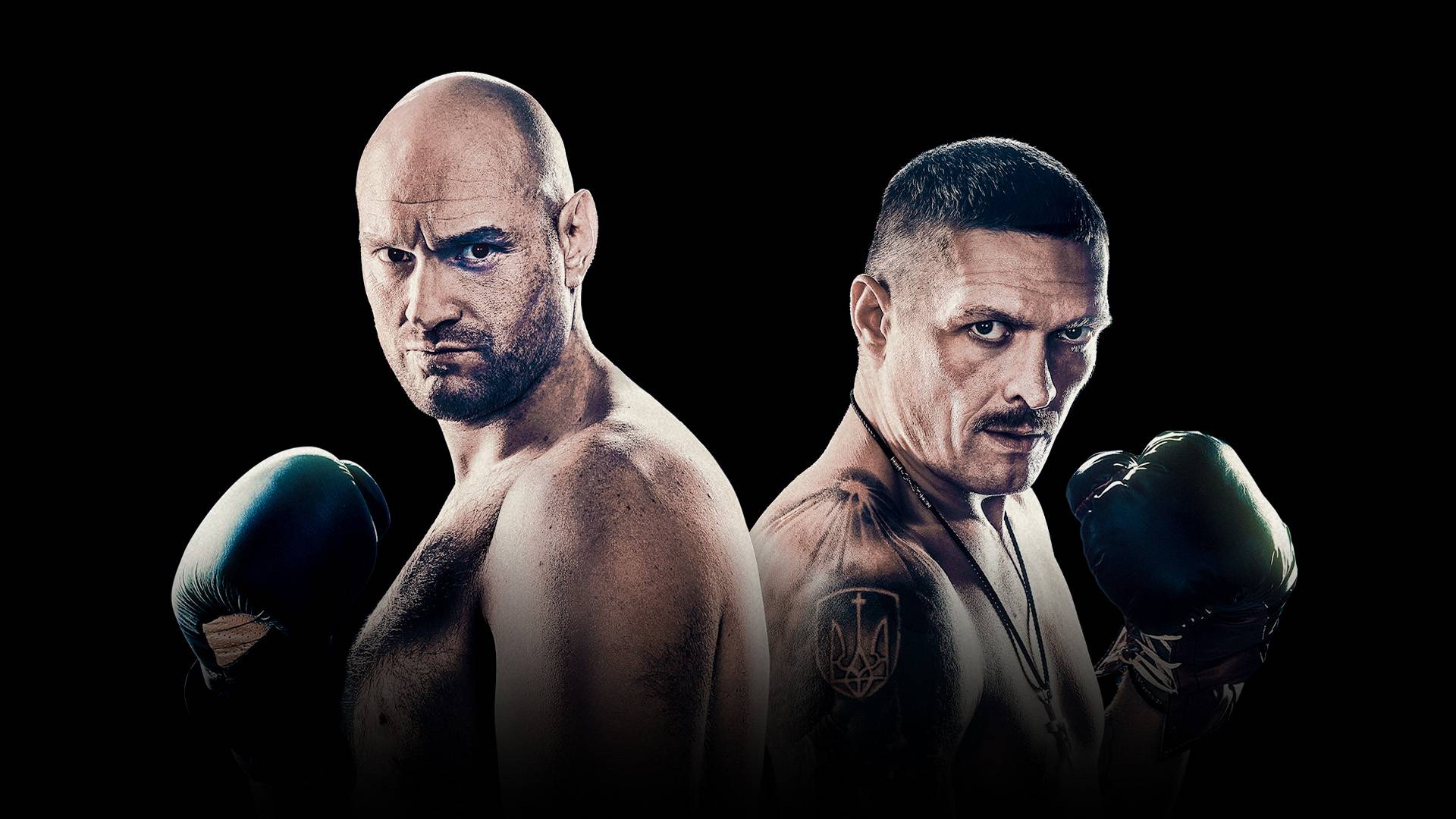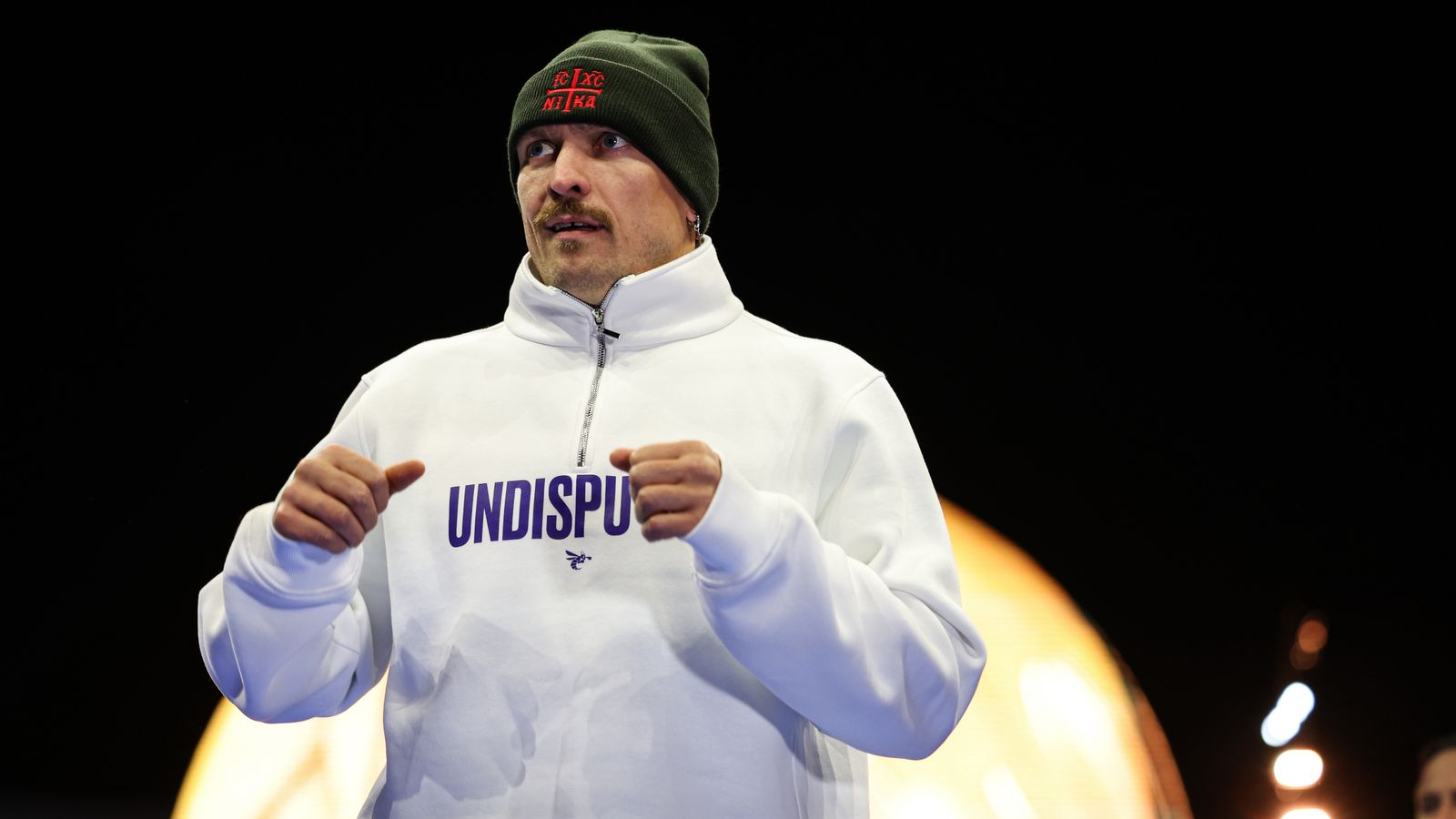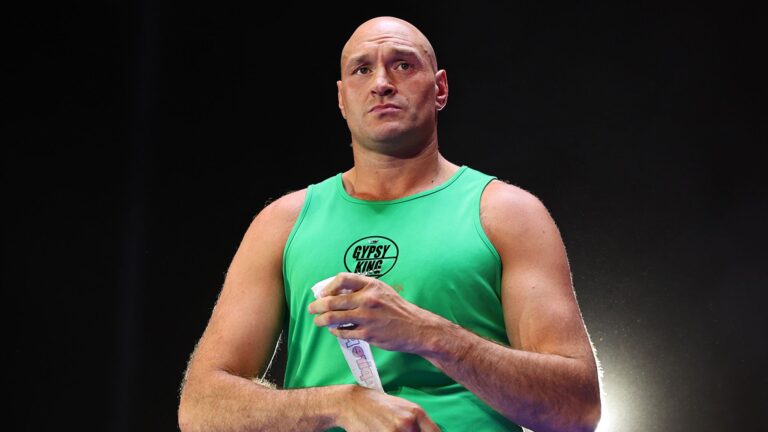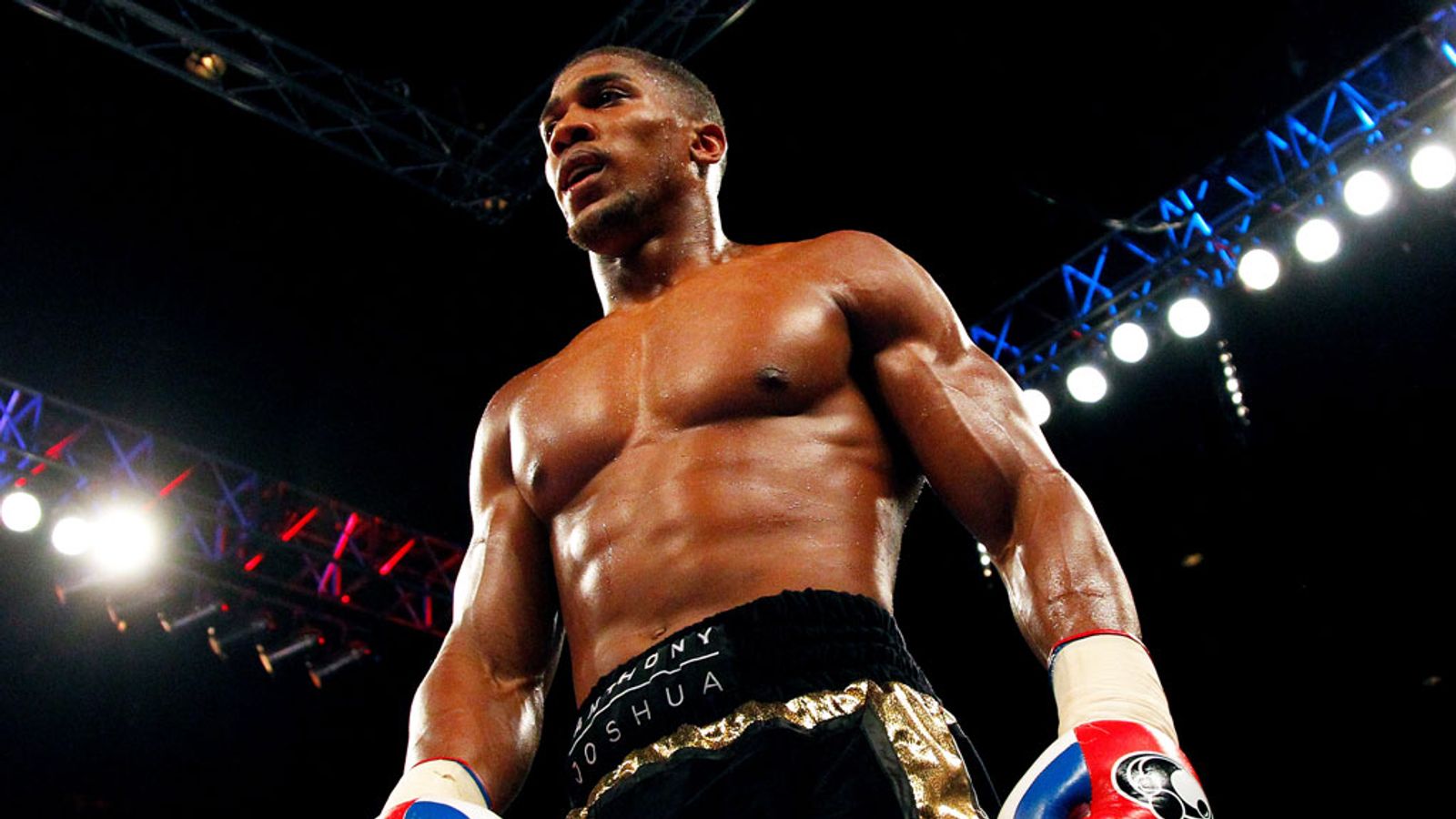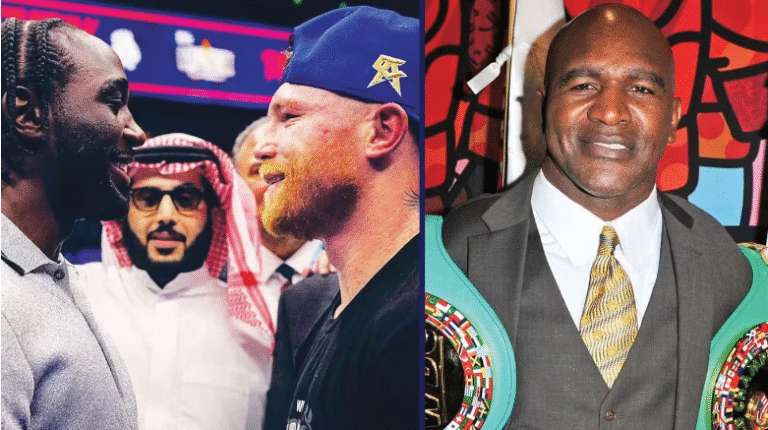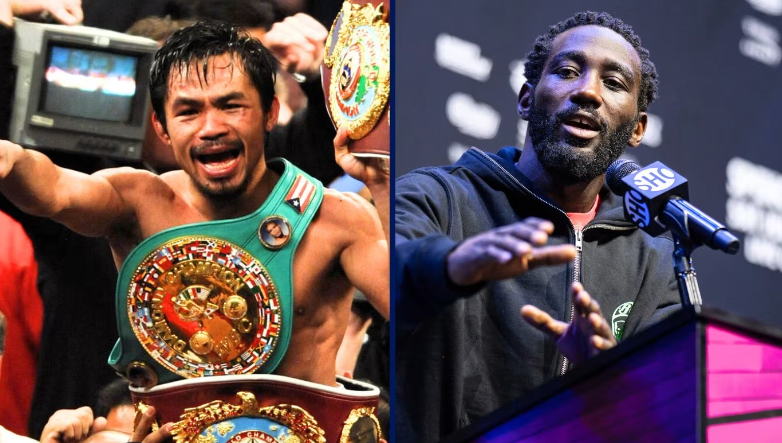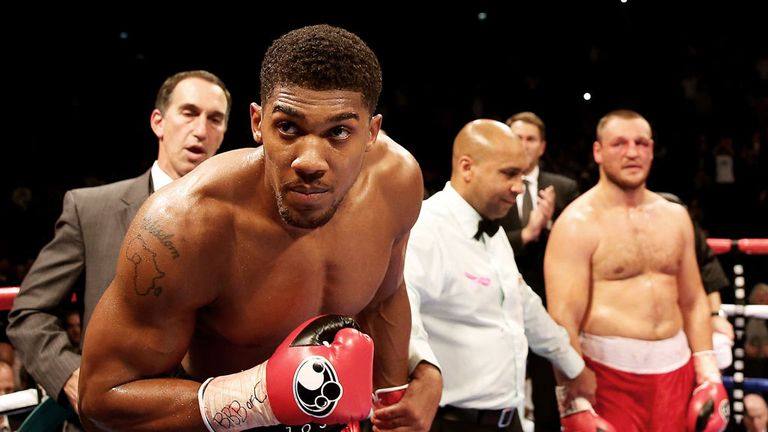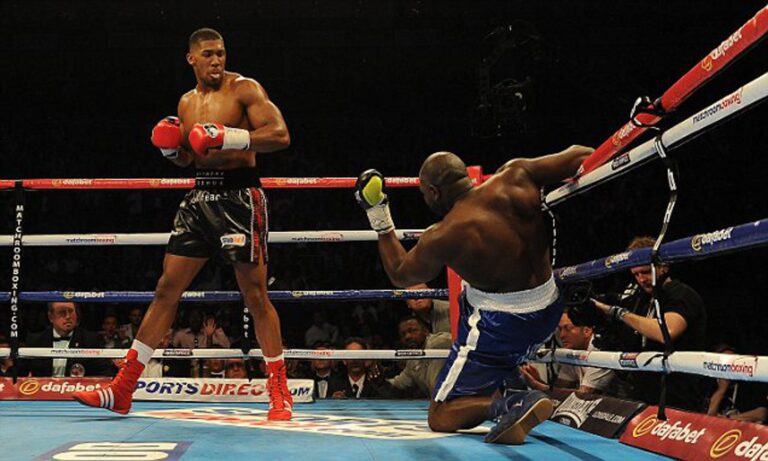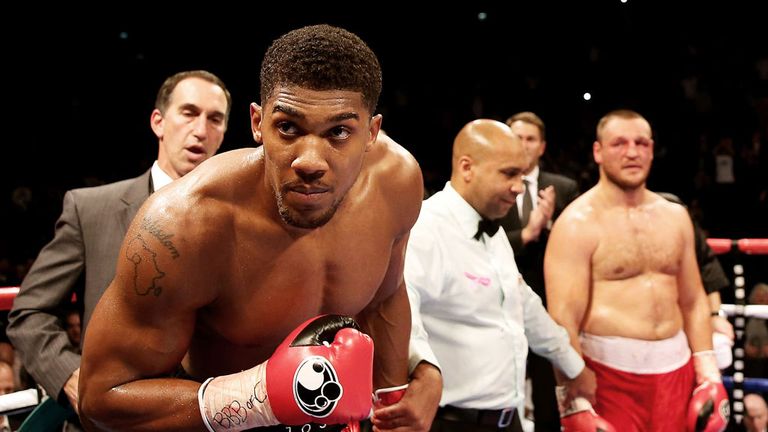Tyson Fury :“I’ve got nothing to prove, If he’s really retired this time … what is Tyson Fury’s legacy?
“I’ve got nothing to prove to anybody, and nothing to return for.”
Tyson Fury spoke those words in a video posted on social media on May 24. Call me a sucker, but I believe he meant what he was saying.
Yes, this is a man who has announced his retirement at least five times now. And, yes, only a man who has un-retired four times can retire five times. So, the default position should be extreme skepticism, if not outright repudiation.
And the words themselves aren’t necessarily true. I suppose the first half, about having nothing to prove, may have some validity for a 36-year-old fighter who fought 37 times across 16 years. But to claim he has “nothing to return for”? That’s just factually inaccurate given the sort of money in the pot if he were to finally fight Anthony Joshua.
Still, I believe Fury believes he has nothing to return for.
I believe he doesn’t feel an AJ payday is worth his while, not with the money he already has and with the fire in his belly nearly snuffed out.
Every previous Fury retirement has been entirely unconvincing. Every time, you just knew he was coming back eventually.
But something feels different about this one.
I’m not saying he won’t fight again; the smart money is always on a boxer dusting off the gloves one last time.
But if he didn’t fight again, if this retirement were to stick, I wouldn’t be surprised. Maybe I’m an easy mark, but I think there’s an entirely reasonable chance that we’ve seen Fury in the ring for the final time.

Or, short of that coming true, I think it’s highly possible that he’s content enough to stay retired for at least a couple of years. By the time the urge returns to again be the center of attention in a way that only headlining a boxing event can satisfy, Fury will be too old and too far gone to alter his legacy one way or the other.
What is that legacy?
If Fury never fights again, or at least never fights again as a vague approximation of the prime “Gypsy King,” what mark has he made and how will he be remembered?
Let’s get the easy part out of the way: Fury is a Hall of Famer. Whether his fiercest critics like it or not, he will make his way to Canastota.
To take it a step further, he will in fact be a first-ballot slam dunk – as long as he doesn’t find himself on the same first ballot as three or more all-timers. Hypothetically, if Oleksandr Usyk, Terence Crawford, Saul “Canelo” Alvarez, and Fury all retired the same year, then Fury would be stuck waiting for his second ballot to get in.
Barring that, Fury is getting a plaque on the wall the moment he’s eligible.
Unfortunately, getting into the Hall of Fame as a heavyweight champion doesn’t necessarily mean you cracked the pantheon of true heavyweight greats.
Michael Moorer, Riddick Bowe, Ingemar Johansson, Ken Norton, Max Schmeling, James J. Braddock, Luis Firpo, Jack Sharkey, Jess Willard — the list is long of Hall of Fame heavyweights whose names probably wouldn’t cross your mind as you’re working on a top-20-ever list.
That raises a compelling thought exercise with regard to Fury.
If a boxing writer is given an assignment to rank the 20 greatest heavyweights, and he’s putting together that first rough list where he just wants to make sure he has every name who could possibly make the cut — a starter compilation maybe 25 to 30 names long — does the writer jot down “Tyson Fury” for consideration?
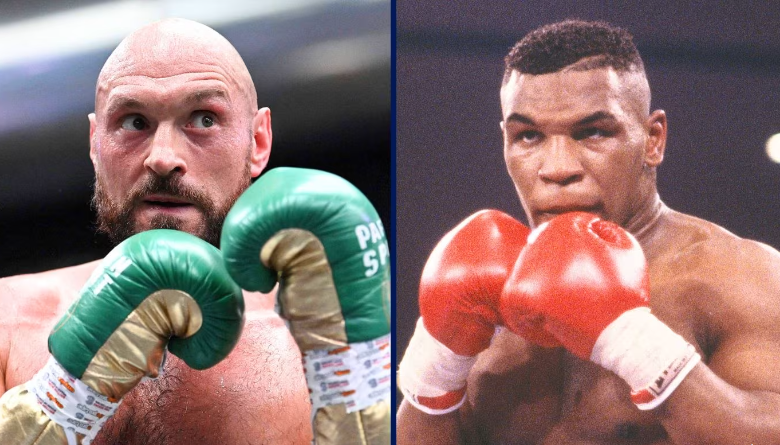
Here are some factors in Fury’s favor:
He held the lineal heavyweight title for 8½ years. Yes, he was inactive for the first 2½ of those years, and there were some 10-rounders mixed in, so it’s a bit reminiscent of what folks still criticize a century later about Jack Dempsey’s reign (seven years, just five successful title defenses). But here’s a complete list of champions with a longer uninterrupted lineal run than Fury: Joe Louis. That’s it. End of list.

